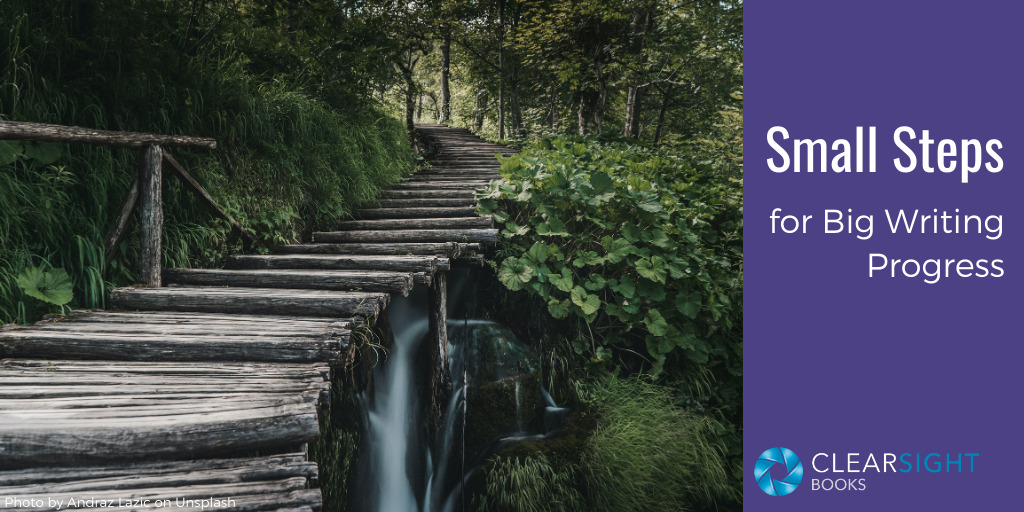
As I started working on this article, I realized it would be my 100th blog post. I’ve been writing for my business blog for over four years, so 100 posts may not seem like a huge number to you. I know some people who blog weekly, producing 100 blog posts in two years; Seth Godin blogs daily, producing 100 blog posts in just a few months. And yet . . .
One hundred articles is nothing to sneeze at. My articles tend to run a fairly meaty 1,000 words, with some easily twice that and a few well below it (such as my 100-word Microsoft Word tips). Conservatively, let’s say my articles average 700 words. One hundred articles at 700 words each comes to 70,000 words. In case you haven’t read my most popular article, “How Long Should Your Nonfiction Book Be?”, that’s the equivalent of one good-sized book or two shorter books!
So, why am I telling you this? What’s the takeaway? Cookies for Karin? No. It’s this:
If you want to write a book but struggle to find the time, leverage what you are already doing.
Writing in small steps adds up over time. Writing blog posts, articles or case studies can easily add up to a book. And your “writing” could also be in the form of podcasts or videos. (Transcription!)
If you plan your smaller pieces of writing strategically, you can start generating content that provides value to your readers immediately while also building toward your book goal.
Bonus: By developing your book in small pieces, you get to test your ideas, find out where people have questions or pushback, gather more stories and examples, and refine your thinking.
To be clear, blog posts and books are different art forms. Plopping 50 blog posts into a document does not a book make—but it is a solid starting place. (Why, yes, I do speak from experience.)
If 2021 is your year to write a book—or at least to start writing a book—look at your current content development and identify where you can get it to pull double duty so you can build your book over time. To paraphrase an old joke, “What do you call a writer who finishes their book slowly? The same thing you call a writer who finishes their book quickly—‘author.’”
Big steps or small, writing and publishing a book can feel overwhelming. If you need help, get in touch at karin@clearsightbooks.com or 919.609.2817 and we’ll see if we’re a fit to work together.

